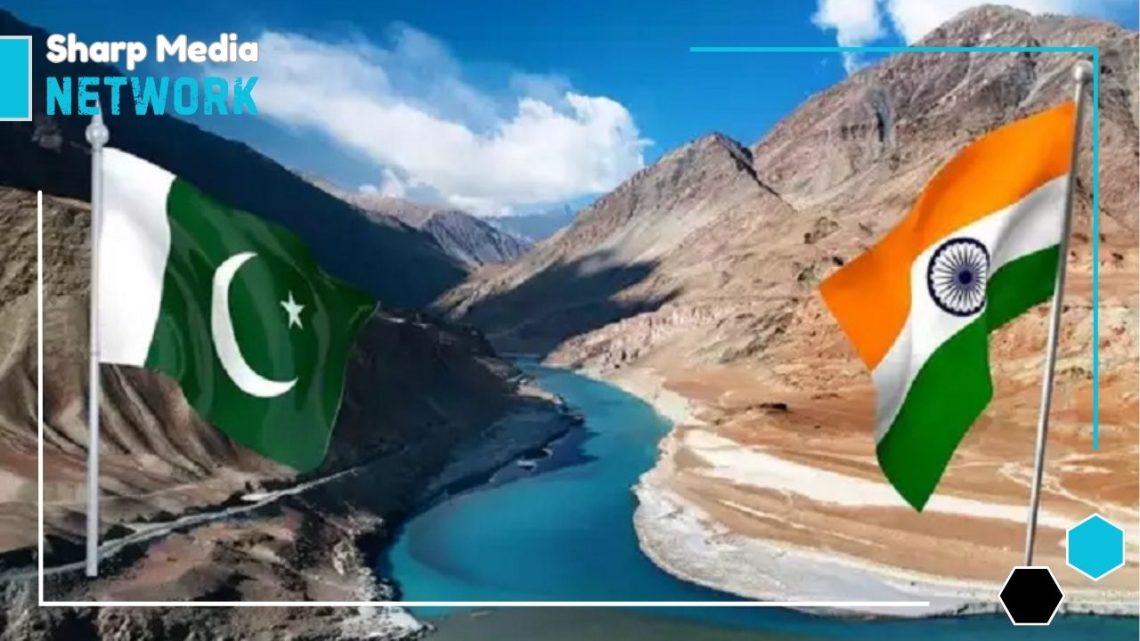
Pakistan Raises Alarm Over India’s Disregard for Indus Water Treaty
December 23, 2024The Indus Waters Treaty (IWT), signed on September 19, 1960, and brokered by the World Bank, aimed to provide a cooperative framework for the shared use of the Indus River system’s waters between Pakistan and India. Despite its initial success, the treaty now faces significant challenges due to ongoing disputes primarily centered around India’s construction of hydroelectric projects on Pakistan’s allocated Western rivers—Indus, Jhelum, and Chenab.
Key projects, such as the Kishanganga and Ratle Dams, have sparked controversy, with Pakistan asserting that these structures exceed the treaty’s design limits and disrupt downstream water flows. Pakistan has sought arbitration through the treaty’s designated Court of Arbitration (CoA), but India has instead pushed for resolution via a Neutral Expert (NE). This divergence in approach has raised concerns about India’s commitment to the treaty’s equitable dispute resolution process.
India’s unilateral steps, including its intention to fully utilize Eastern river waters without consultation, further strain the treaty. Pakistan frequently highlights India’s delays in sharing project designs and water flow data, which create uncertainty for downstream users and exacerbate tensions. Indian projects, like the Kishanganga Dam, have also drawn criticism for altering water flows and causing environmental harm in Pakistan.
The disputes extend beyond technical violations to broader political implications. Indian leaders’ threats to restrict water flow to Pakistan, framed as a political pressure tactic, amplify concerns in Islamabad. Additionally, India’s initiation of projects without clearance from the Permanent Indus Commission undermines the cooperative mechanisms central to the treaty.
As an agrarian economy, Pakistan relies heavily on the uninterrupted flow of the Indus system for irrigation, agriculture, and drinking water. India’s actions, perceived as breaching treaty provisions, jeopardize Pakistan’s food security, economic stability, and overall survival.
Despite these challenges, Pakistan continues to adhere to the treaty’s principles, including engaging with the NE. The enduring disputes highlight the urgent need for renewed dialogue and adherence to cooperative frameworks to preserve the treaty and regional stability.

